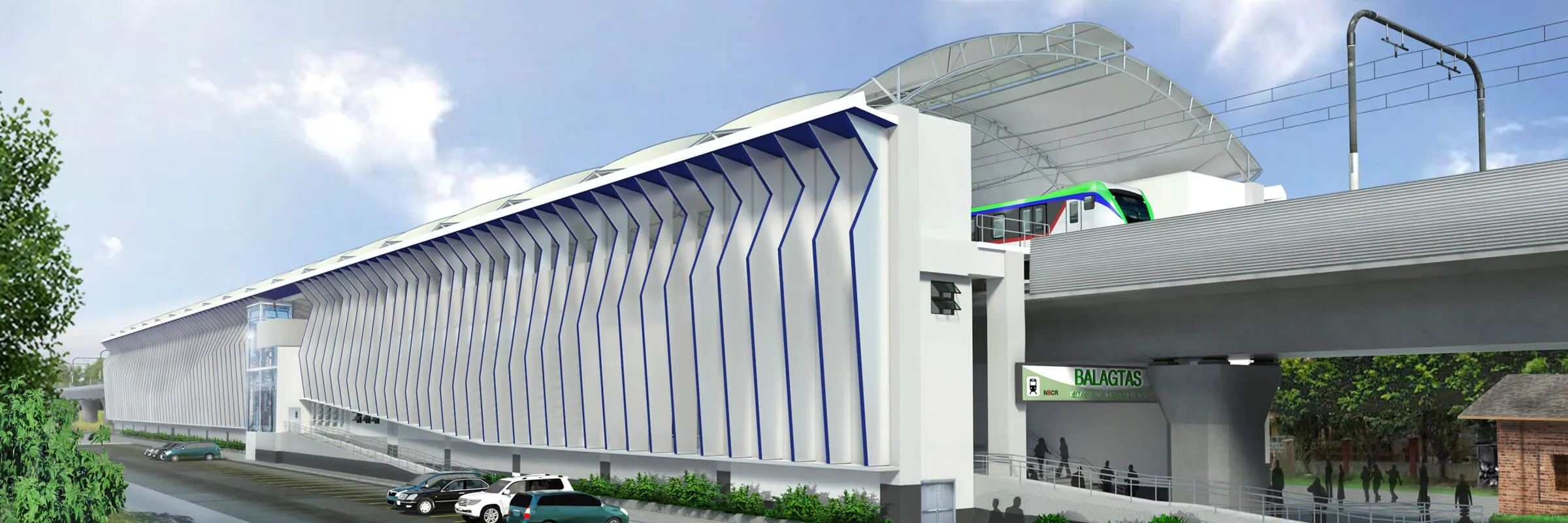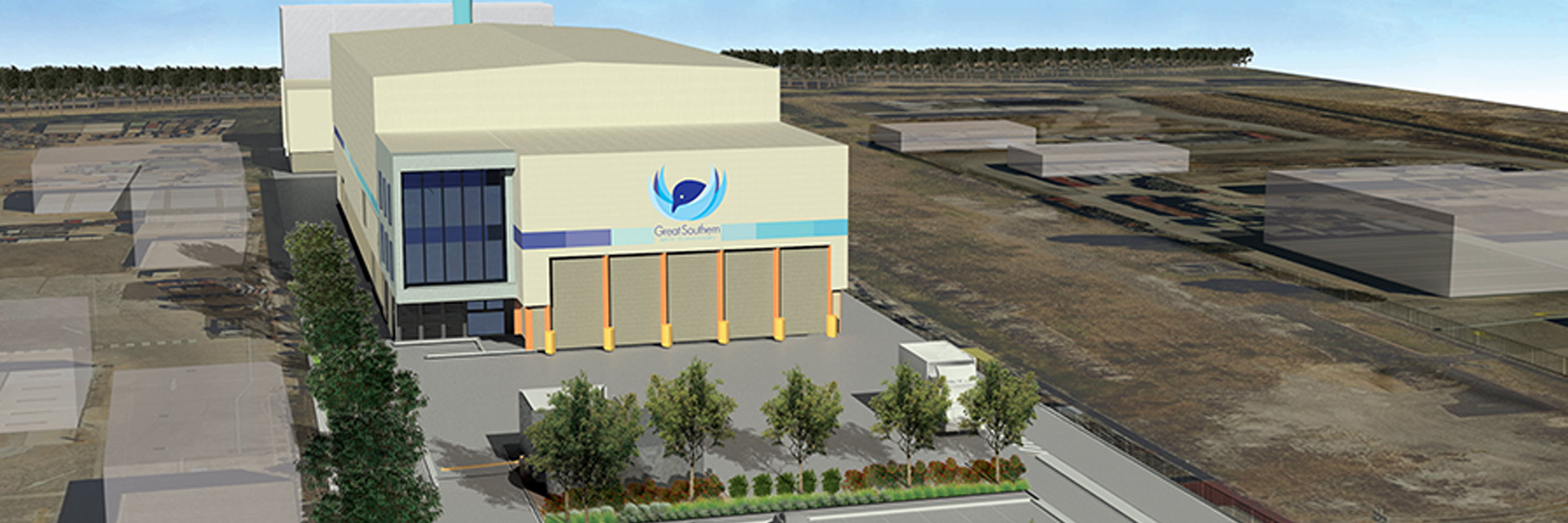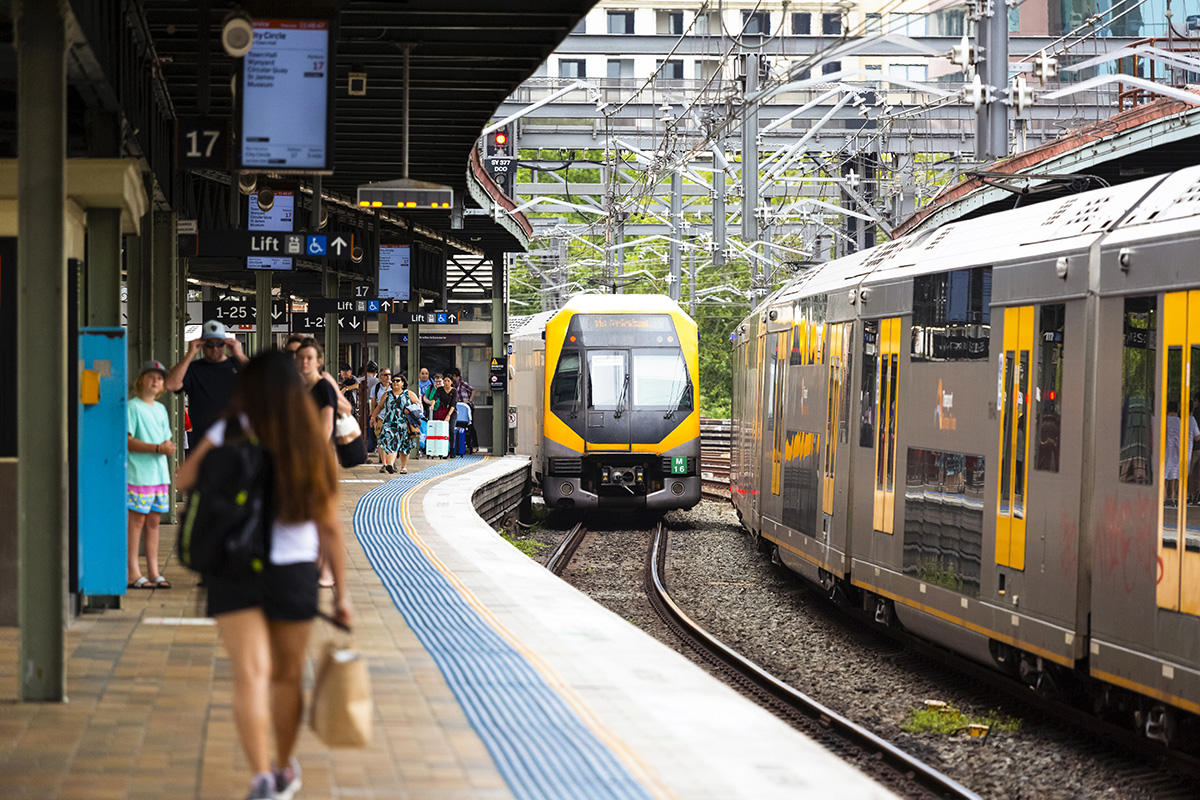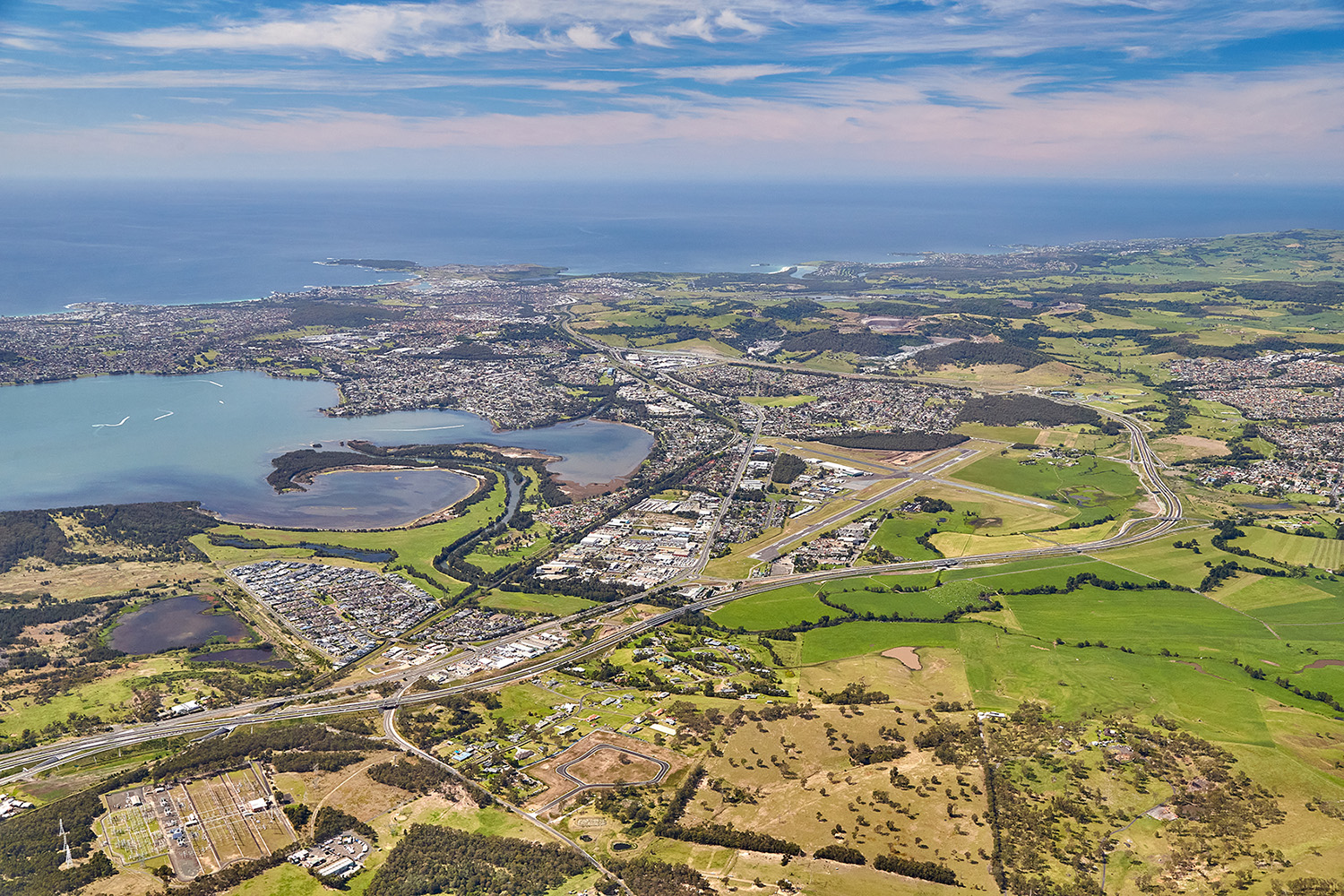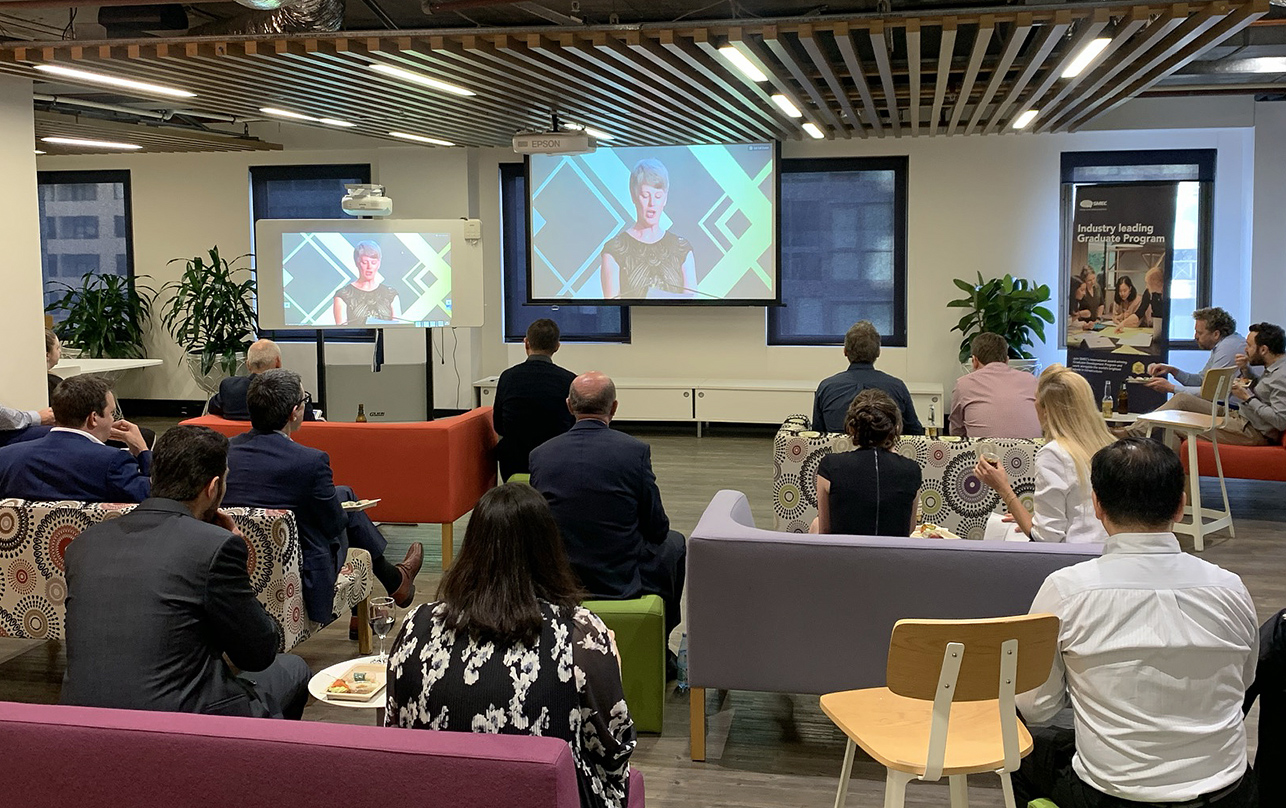Q: Can you describe a project you have worked on that has shaped your career?
Julian Howard: Great Southern Waste Technologies (GSWT) Waste to Energy Facility has been a key project for me, initially I worked as the Project Manager leading the delivery of environmental approvals for the proposed facility, which includes a range of assessments relating to potential human health and environmental impacts and I am currently supporting the project’s concept design phase. The facility will be the first of its kind in Victoria and one of only a handful in Australia. It has been great working with a broad range of internal teams, subconsultants and other stakeholder such as the Victorian Environment Protection Authority (EPA), community members, Council, the technology provider and client to once delivered power communities with base load renewable energy supply. The facility is another step towards Australia’s renewable energy future and implementation of a circular economy.


